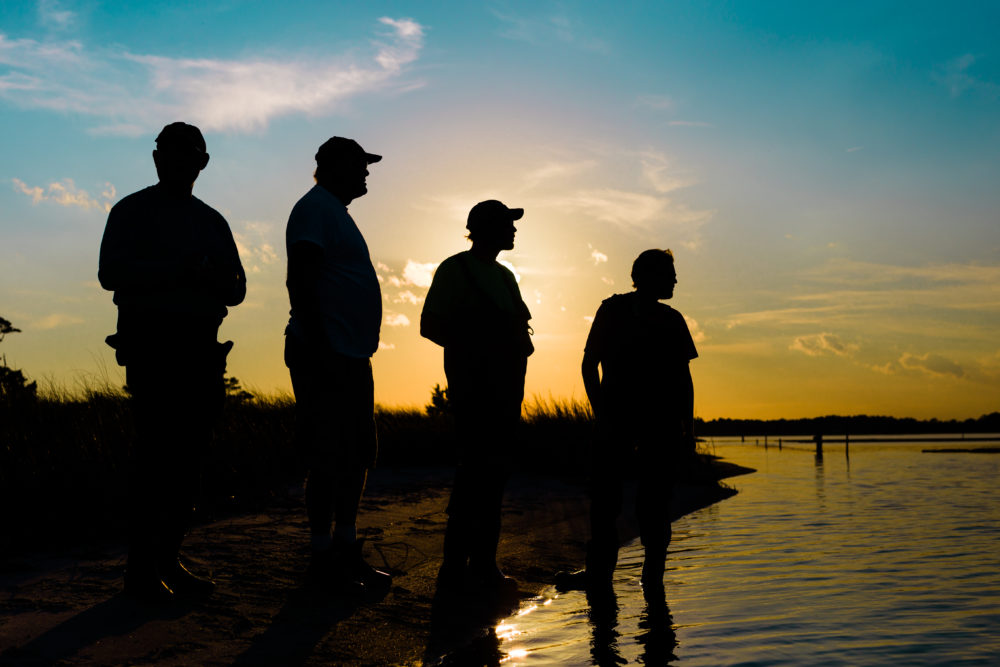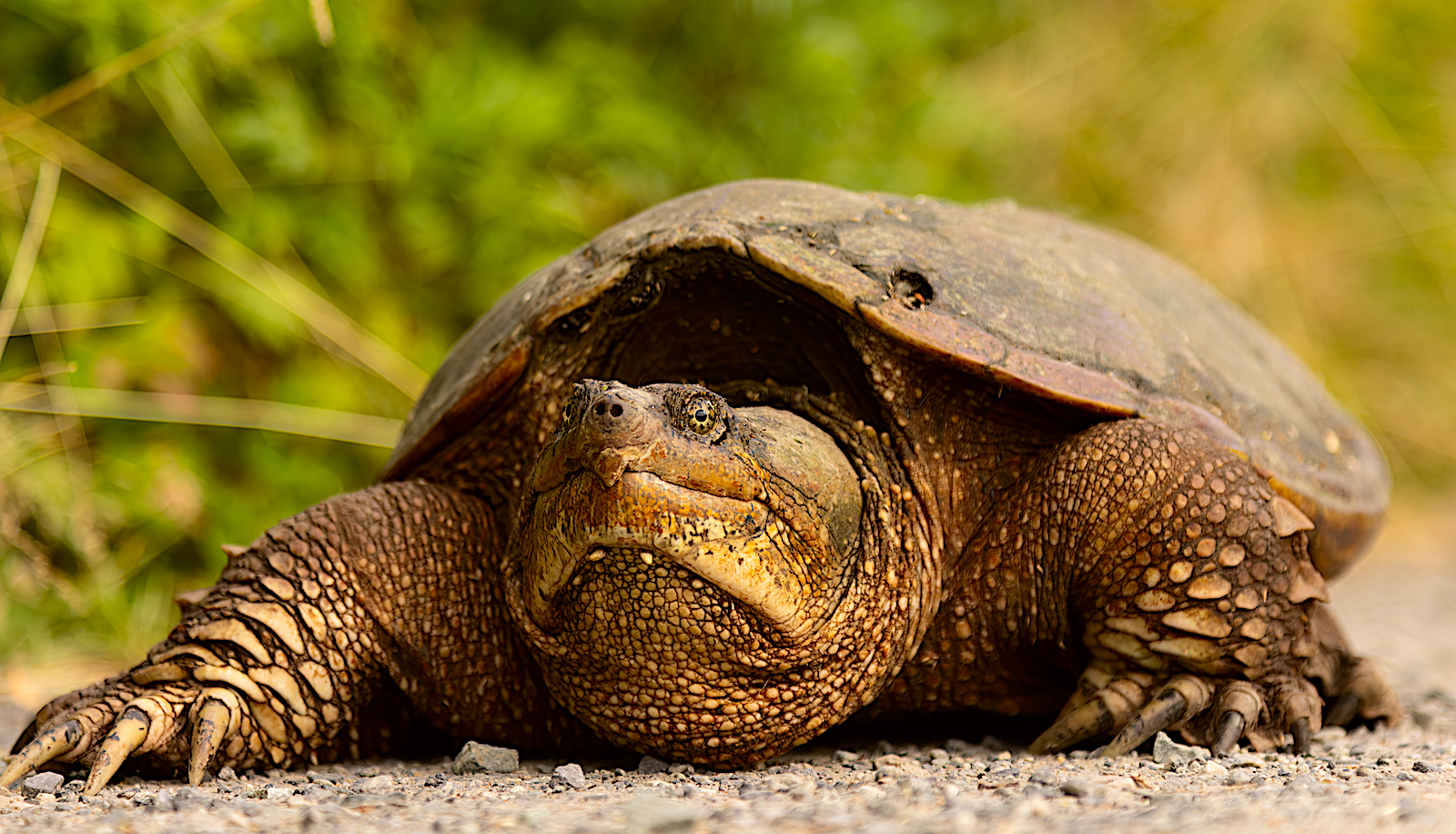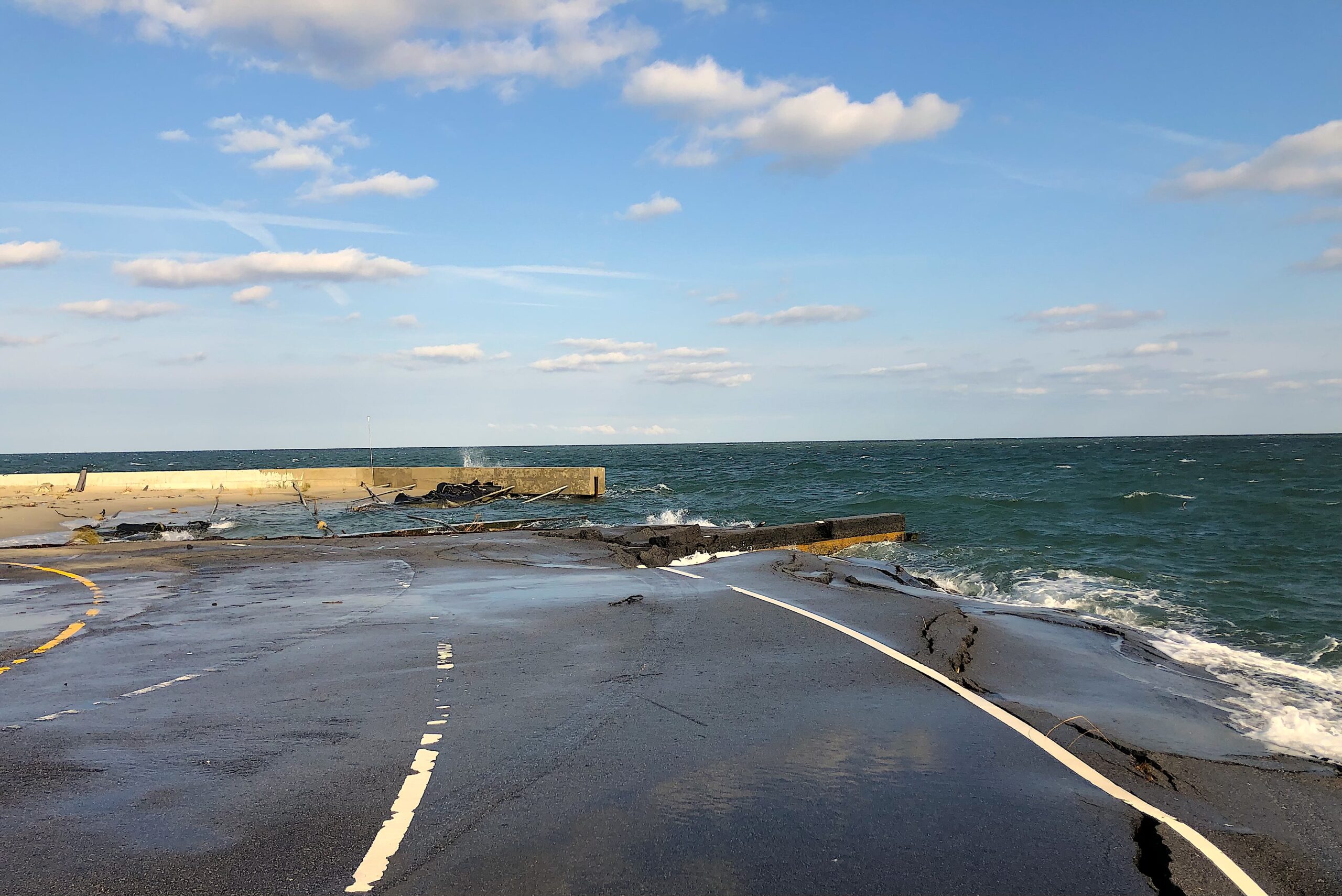Going With the Flow: Aquaculture’s Water Quality Woes

Clean water. Fish need it, shellfish need it, and people want to live near it.
But the livelihood of fish and shellfish farmers depends on it.
As development in North Carolina’s coastal regions continues to increase, waste and water quality issues are being forced to the forefront of North Carolina’s aquaculture industries.
A closer look at shellfish growers and hybrid striped bass farmers in eastern
North Carolina illustrates how aquaculture operations can both suffer from and possibly contribute to the degradation of water resources.
For shellfish growers, the ever-increasing residential and commercial development in coastal watersheds causes more polluted stormwater to enter creeks and streams. That means increased closures of shellfish beds, lost revenue, and the risk of a contaminated product.
For hybrid striped bass farmers, releasing too much effluent from earthen ponds into nearby streams can pollute water in residential areas downstream.
As populations of once-rural areas continue to grow, so will public scrutiny of fish farms and the demand for stricter water quality standards.
Issues concerning water quality may be different for each industry, but the question remains the same: how do we keep the water clean?
This article was published in the Winter 2006 issue of Coastwatch.
For contact information and reprint requests, visit ncseagrant.ncsu.edu/coastwatch/contact/.
- Categories:


